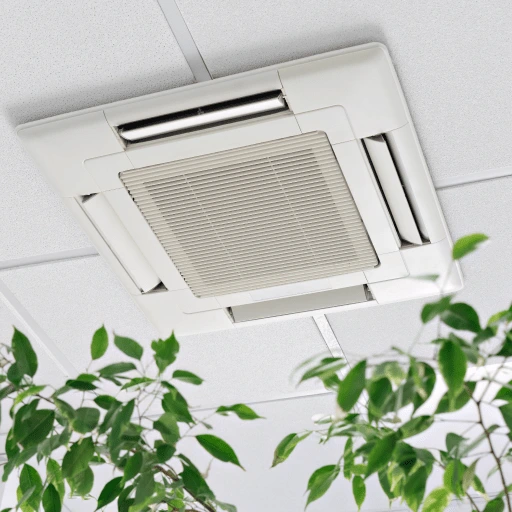
Proper budgeting for commercial HVAC maintenance and repairs is crucial for ensuring the longevity and efficiency of your system. In Florida’s hot and humid climate, keeping your HVAC system in top shape is essential for maintaining a comfortable and productive business environment. Here’s a guide to help you budget effectively for your commercial HVAC needs:
Understand Your System’s Needs
Start by understanding the specific needs of your HVAC system. Different systems have different maintenance requirements, so it’s important to know the make, model, and age of your equipment. Consult the manufacturer’s guidelines for recommended maintenance schedules and typical repair costs.
Create a Maintenance Schedule
Establish a regular maintenance schedule that includes seasonal inspections and routine tasks such as filter changes, coil cleaning, and system checks. Preventive maintenance can help identify potential issues before they become major problems, saving you money on costly repairs.
Estimate Annual Maintenance Costs
Work with a professional HVAC service provider to estimate the annual costs of routine maintenance. This should include labor, replacement parts, and any additional services like duct cleaning or system calibration. Having a clear idea of these costs will help you plan your budget more accurately.
Set Aside Funds for Emergency Repairs
Unexpected repairs are inevitable, so it’s wise to allocate a portion of your budget for emergency situations. A good rule of thumb is to set aside 10-15% of your total HVAC budget for unexpected repairs. This ensures you’re prepared for any unforeseen issues that might arise.
Consider the Age of Your System
Older HVAC systems typically require more frequent repairs and may not operate as efficiently as newer models. If your system is over 10 years old, it might be time to start planning for a replacement. Factor this into your long-term budget and consider the potential energy savings a new system could offer.
Evaluate Energy Efficiency
Energy-efficient HVAC systems can significantly reduce your utility bills. When budgeting for maintenance and repairs, consider the potential savings from upgrading to a more efficient system. Look for units with a high SEER (Seasonal Energy Efficiency Ratio) rating, which indicates better energy performance.
Explore Maintenance Contracts
Many HVAC service providers offer maintenance contracts that cover regular inspections and routine upkeep for a fixed annual fee. These contracts can provide peace of mind and potentially save you money in the long run by ensuring your system is always operating efficiently. Compare different plans to find one that fits your budget and needs.
Track Historical Expenses
Keep detailed records of past maintenance and repair costs. This historical data can help you identify trends and more accurately predict future expenses. Use this information to adjust your budget as needed and ensure you’re allocating sufficient funds for HVAC upkeep.
Prioritize Preventive Maintenance
Investing in preventive maintenance is one of the best ways to manage costs effectively. Regular maintenance not only prolongs the life of your HVAC system but also helps prevent expensive emergency repairs. Prioritize these tasks in your budget to ensure your system remains in good working condition.
Plan for Upgrades and Replacements
Even with regular maintenance, all HVAC systems have a finite lifespan. Plan for eventual upgrades or replacements by setting aside funds each year. This proactive approach can help you avoid financial strain when the time comes to invest in a new system.
Consult with a Professional
Work with a trusted HVAC professional to develop a comprehensive maintenance and repair budget. They can provide valuable insights into the specific needs of your system and help you create a realistic and effective financial plan.
Conclusion
Budgeting for commercial HVAC maintenance and repairs is a critical aspect of managing your business’s operational costs. By understanding your system’s needs, prioritizing preventive maintenance, and setting aside funds for unexpected repairs, you can ensure your HVAC system operates efficiently and reliably. A well-maintained system not only enhances comfort but also helps you save money in the long run.